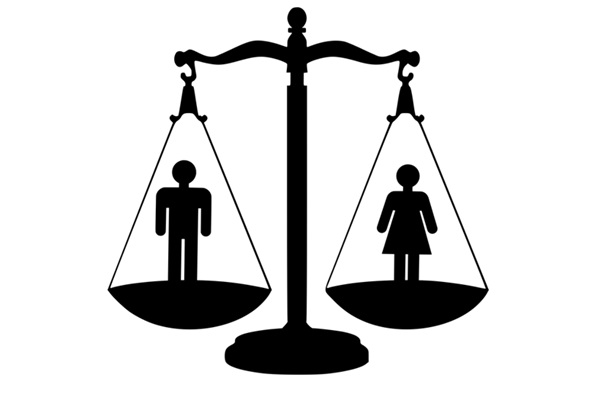 Credit: Pixabay
Credit: Pixabay
The Luxembourg Ministry of Equality between Women and Men has announced that the new gender equality index of the Member States of the European Union was published on Tuesday 24 October 2023 by the European Institute for Gender Equality (EIGE).
This index consists of six fundamental areas: employment, money, education, time, power and health. The Gender Equality Index measures progress in equality in European Union member states over time. An index of 100 points would mean that a country has achieved complete equality between women and men.
In 2023, Luxembourg will show 74.7 points out of a hundred, an increase of 1.2% since 2022. Luxembourg thus finds itself well above the European average in seventh position in the European ranking, compared to ninth position in the 2022 edition. Sweden won first place once again. Note that at the European level, the gaps in equality are decreasing between member countries.
Since 2010, Luxembourg's overall score has increased by 13.5 points, mainly thanks to the improvements recorded in the area of power (38.8 points), thus positioning Luxembourg among the five countries having progressed the most with regard to gender equality.
Luxembourg obtains the highest ranking (first of all Member States) in the area of money, with 93.9 points. Despite an increase of 4.7 points, gender inequalities in Luxembourg remain very marked in the area of power: the country obtains 64.4 points in this area, thus ranking tenth at EU level. Luxembourg has also progressed in the area of labour and now occupies fourth place in the ranking. On the other hand, in the area of time, Luxembourg experienced a setback and a decrease of 6.3 points. This development is due to a drop in points in the social activities’ subdomain.
Due to a lack of comparable data at EU level, no score is assigned in the area of violence. As for Luxembourg, the Ministry of Equality between Women and Men publishes data on domestic violence in Luxembourg on the Equality Observatory website (www.observatoire-egalite.lu).
This year, the EIGE also looked at gender inequalities in the ecological transition. It appears for Luxembourg, among others, that women are more inclined than men to choose environmentally friendly options.
Furthermore, women are underemployed in the transport sector in Luxembourg and are under-represented in decision-making roles regarding climate change, although a better balance at this level would be desirable for a socially equitable process with a view to best possible adaptation to changes.








